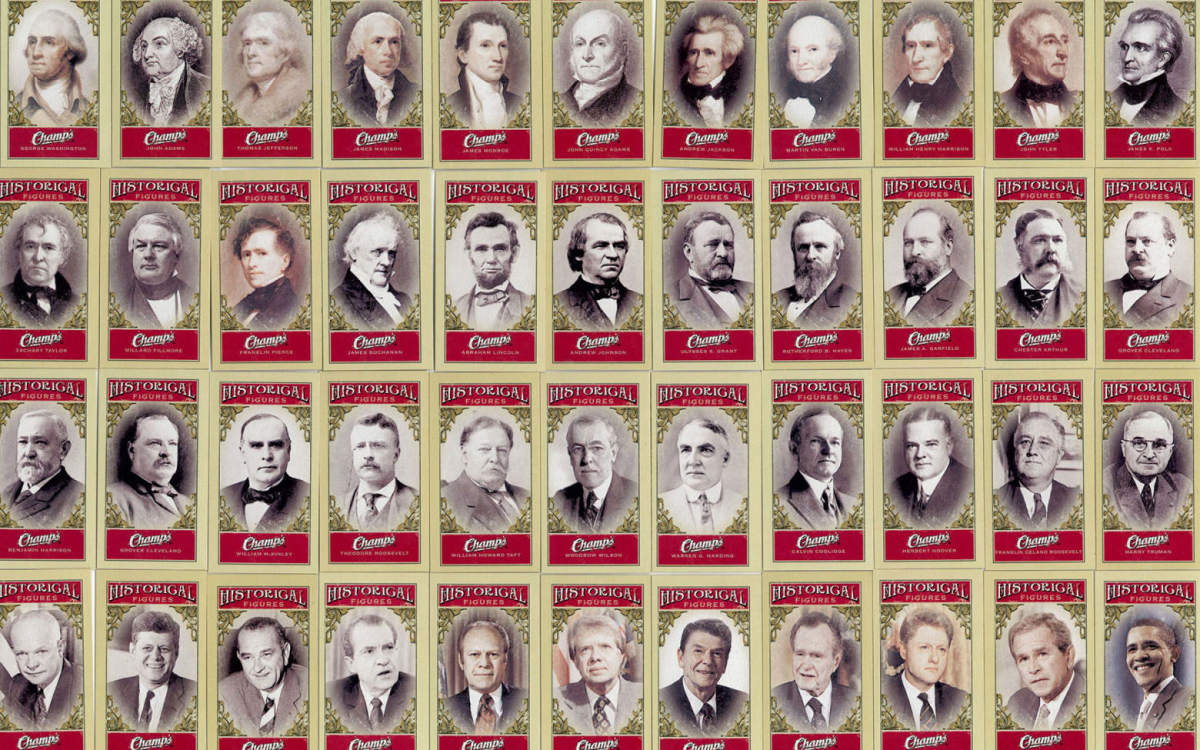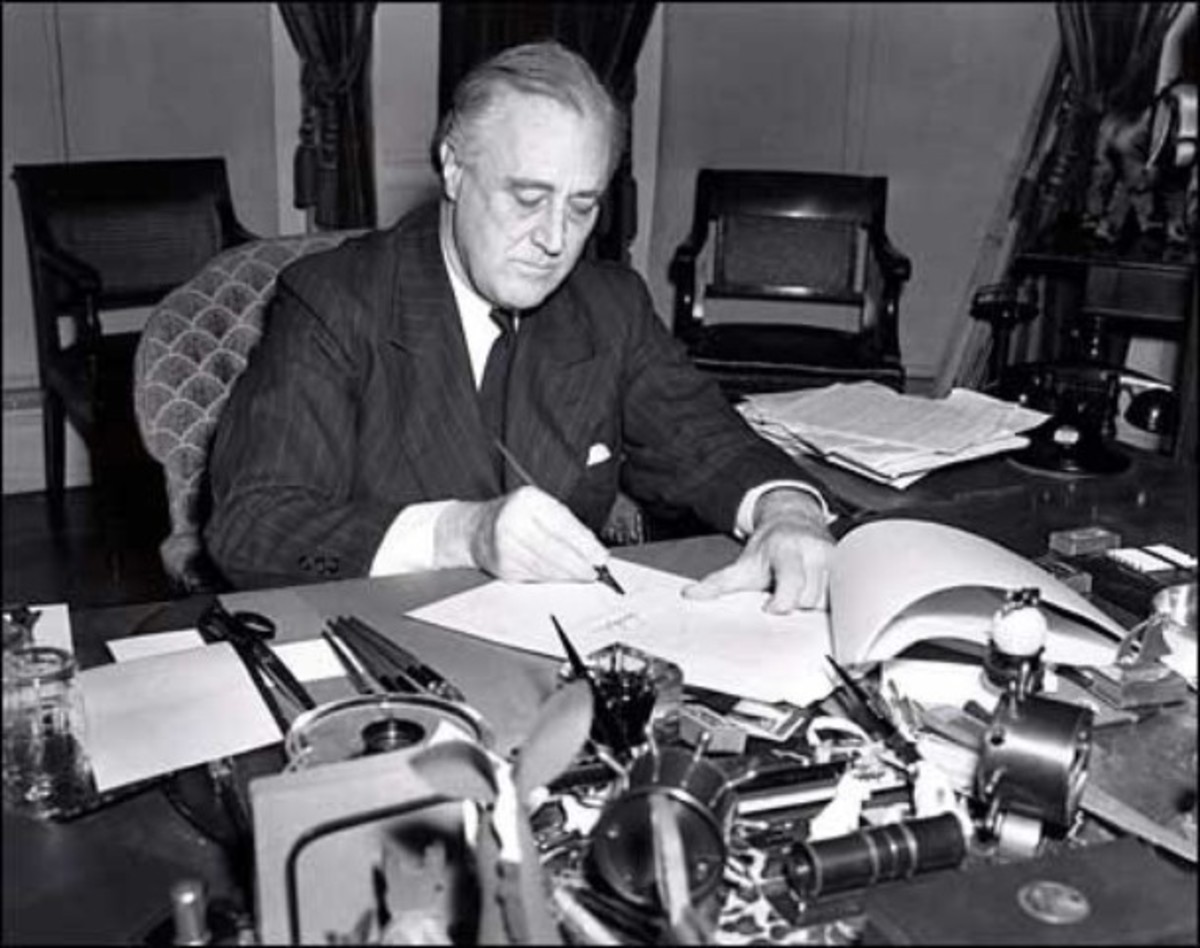Was President Johnson an Adaptive Leader?

LBJ and Adaptive Leadership
As President of the United States from 1963 to 1969, Lyndon B. Johnson held the nation’s reigns as racial minorities experienced violent and unconstitutional disenfranchisement. With widespread demonstrations facilitated by civil rights leaders such as Martin Luther King, Jr. dedicated to the issue of voting rights, President Johnson utilized a more indirect style of adaptive leadership to justify and push for eventual national change during the march from Selma to Montgomery in 1965. By turning to Ronald A. Heifetz’ book, Leadership Without Easy Answers, deeper evaluation of President Johnson will show that his substantial leadership in civil rights was due to his fulfillment of Heifetz’ principles as an adaptive leader.
“Adaptive leadership” is the central idea of Heifetz’ book; Heifetz (p.20, 1994) defines leadership as “the activity of a citizen from any walk of life mobilizing people to do something [socially useful].” The key word in Heifetz’ description is mobilizing – the goal of adaptive leadership. To clarify the purpose and idea of adaptive leadership, Heifetz (p.128, 1994) provides five principles a legitimate adaptive leader must follow:
1. Identify the adaptive challenge. Diagnose the situation in light of the values at stake, and unbundle the issues that come with it.
2. Keep the level of distress within a tolerable range for doing adaptive work. To use the pressure cooker analogy, keep the heat up without blowing up the vessel.
3. Focus attention on ripening issues and not on stress-reducing distractions. Identify which issues can currently engage attention; and while directing attention to them, counteract work avoidance mechanisms[.]
4. Give the work back to people, but at a rate they can stand. Place and develop responsibility by putting the pressure on the people with the problem.
5. Protect voices of leadership without authority. Give cover to those who raise hard questions and generate distress – people who point to the internal contradictions of society[.]
President Johnson, undoubtedly a flawed political and historical figure due to failures and deception in Vietnam as well as a frequently cited lack of presidential decorum, demonstrated a somewhat hidden value of adaptive leadership as described in Heifetz’ book. When discussing Johnson’s leadership, Heifetz dissects Johnson’s every action and inaction as means of pushing society to articulate and give clarity to its own guiding values – a defining characteristic of an adaptive leader.
Heifetz (p.26, 1994) starts by pointing out in the first chapter of his book: “social reality is a product of social arrangements.” There is, therefore, a large flexibility accompanying the future of social interaction on a national level, all of which relies solely on society’s vision and choices on an individual level. “We take risks,” Heifetz (p.27, 1994) writes, to uphold our ascribed values of liberty, equality, community and the like. As demonstrations for minority’s voting rights took hold of the nation’s attention around the 1950’s and 60’s, President Johnson’s adaptive leadership essentially turned the issue to the people. Of President Johnson’s leadership style, Heifetz (p. 130, 1994) writes:
At his best, Lyndon Johnson built for himself the opportunity for leadership by listening intently to the nation, identifying its internal contradictions, and transforming the dialogue of competing interests into legislation and programs. He encouraged Martin Luther King Jr.’s civil rights vision, and . . . George Wallace’s populist vision of economic justice. Progress would be made by pushing people to engage with one another to adjust their views or reach compromises. The parties would be made to do the work.
Such actions, specifically those meant to place societal issues in the hands of society itself, are what define adaptive leadership, according to Heifetz (p.132, 1994). In his reasoning, Heifetz ties the five required principles of adaptive leadership to President Johnson’s actions and influence in 1965. He writes: “Johnson had to identify the adaptive challenges facing the nation, regulate the level of distress, counteract work-avoiding distractions, place responsibility where it belonged, and protect voices of leadership in the community.” These are the principles introduced by Heifetz in the very beginning of his book, and they are seen continuously in Johnson’s judgment as the movement for equal voting rights took up speed.
When protestors set out to march from Selma to Montgomery in protest for voting rights, a segregation-preaching Governor Wallace of Alabama sent state police to violently oppose them; the entire country witnessed the oppression on television. When Johnson refused to enact or call for federal intervention, instead encouraging King in his plans to continue pushing the issue, he made the public realize it was up to them to shape the nation’s future and push for the solutions and protections they saw as necessary. It wasn’t until the nation became engaged in the issue as a whole that Johnson decided to take action as president.
While analysts can place varied value judgments on President Johnson's actions and inactions surround the demonstrations against voter disenfranchisement and protests in Selma in 1965, his ability to push society to stand together for a change in social reality made him an effective adaptive leader. Though some may argue, perhaps, that his actions prolonged the movement, or that the means to an end to voter disenfranchisement were solely derived from Martin Luther King Jr.'s actions, it was Johnson who continued to turn the dialogue over to King and other community leaders without authority. Johnson effectively functioned as an adaptive leader to create societal change under Heifetz' classifications and principles, and then used such change to justify the immensely important and historic Voting Rights Act of 1965.
Works Cited
Heifetz, Ronald A. Leadership Without Easy Answers. Cambridge, Mass.: Belknap of Harvard UP, 1994. Print.








